The Comptroller’s Office points out breaches Colombia’s Constitutional Court ruling SU-698 of 2017, which orders the protection of the right...
Category: News
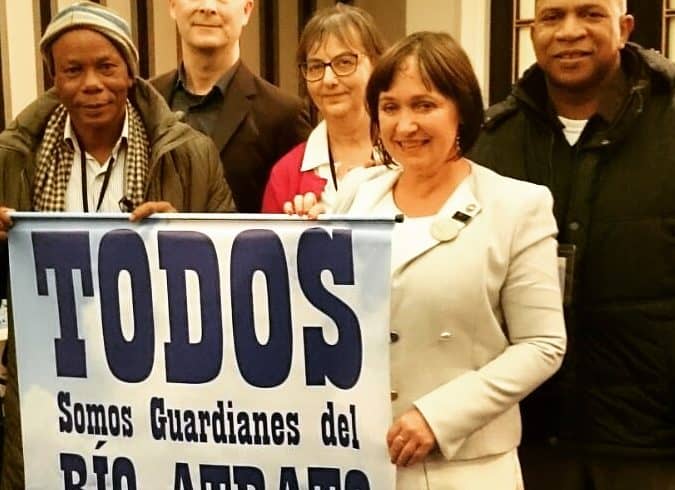
Rival Illegal Armed Groups Terrify Communities in the Rio Quito Chocó
On 15 May 2020 there was an armed skirmish between illegal armed groups in the Rio Quito Choco, as one...
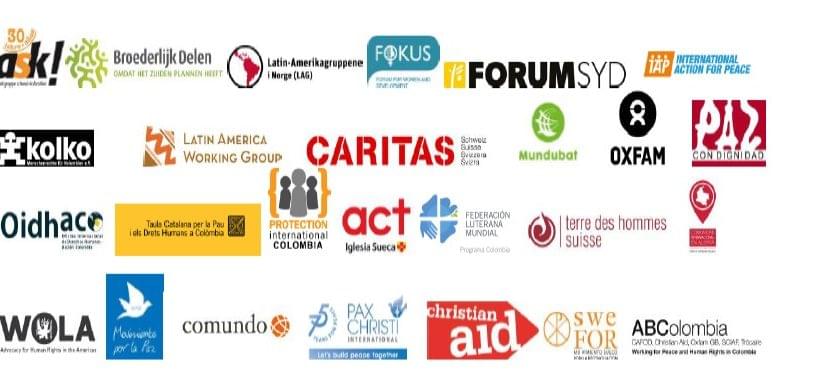
Illegal spying scandal:Public Statement
On 1 May 2020, an important political news magazine Semana, in an article called “Las carpetas secretas” (The Secret Files),...
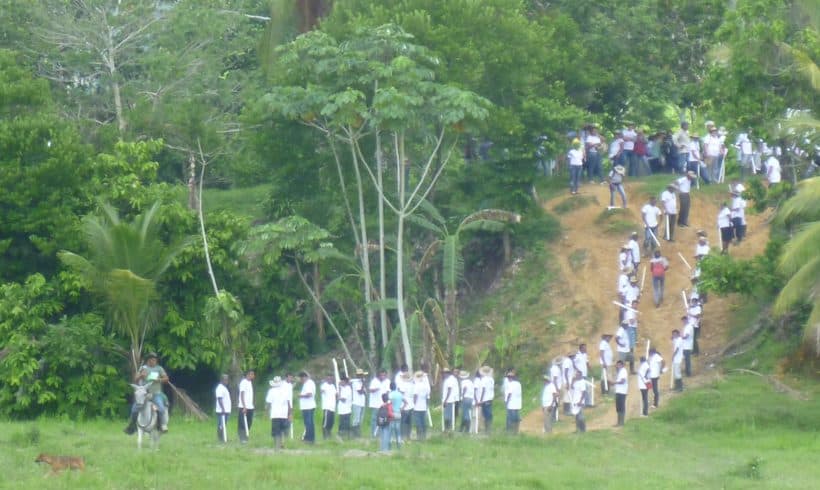
COVID-19 and Human Rights in Colombia
“It is not a time to neglect human rights; it is a time when, more than ever, human rights are...

Libren El Arroyo Bruno
Nota de Prensa Indígenas Wayuu y afrodescendientes exigen a la minera Anglo American retornar el agua al Arroyo Bruno desviado...

“Liberate the Bruno River” Indigenous Wayuu and Afro-Colombians demand that Anglo American returns the Bruno, diverted for the extraction of coal, to its natural course
Press release 28 April 2020 Indigenous Wayuu and Afro-Colombians demand that Anglo American returns the Bruno, diverted for the extraction...
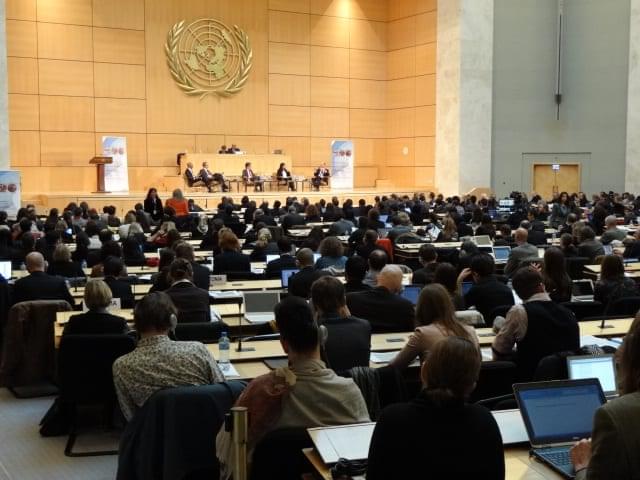
Ensuring civil society’s right to participation: Letter to the United Nations
On 30 April 2020, the Civil Society Organisations who are members of the Latin American and Caribbean Group at the...
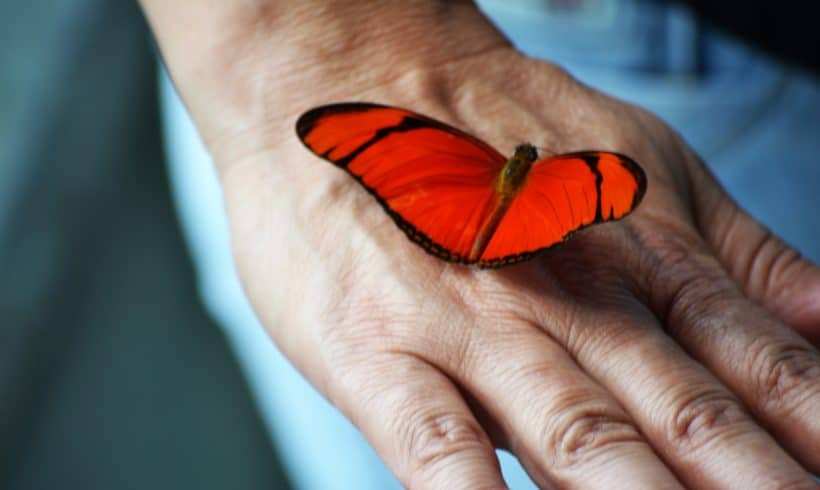
Gender Focus in the Special Jurisdiction for Peace
Newsletter Number 9 Produced by the Observatory on the Special Jurisdiction for Peace, Colombian Commission of Jurists (Comisión Colombiana de...
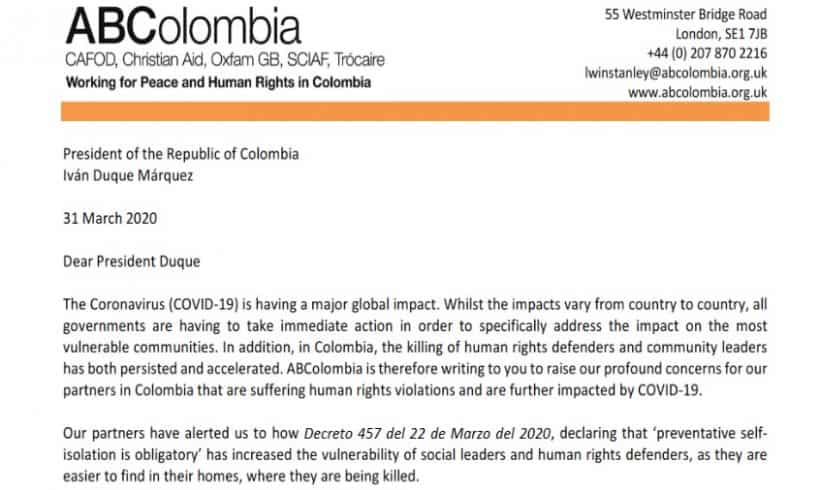
Letter to President Ivan Duque: COVID-19 and the Humanitarian and Human Rights Crisis
ABColombia wrote the following letter to President Ivan Duque on 31 March 2020. You will find a copy of the...
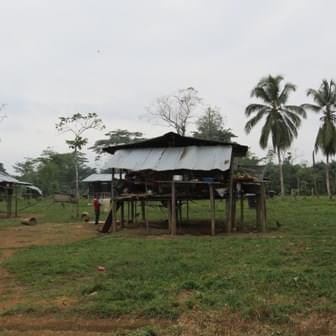
Humanitarian Crisis in Chocó Intensifies
On 23 March 2020 the social organisations and communities in Chocó brought out a public statement about the deterioration that...
